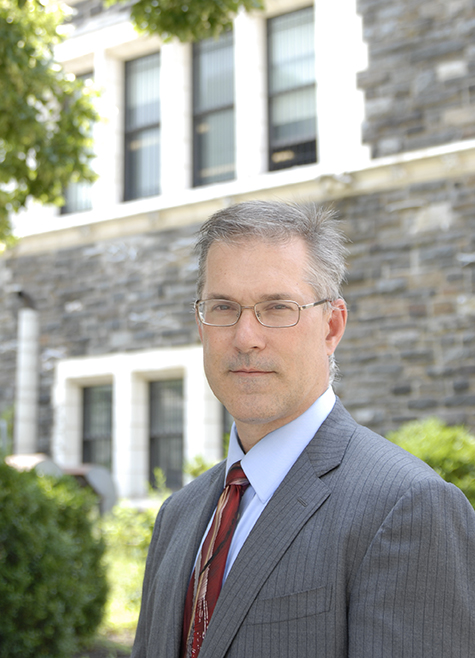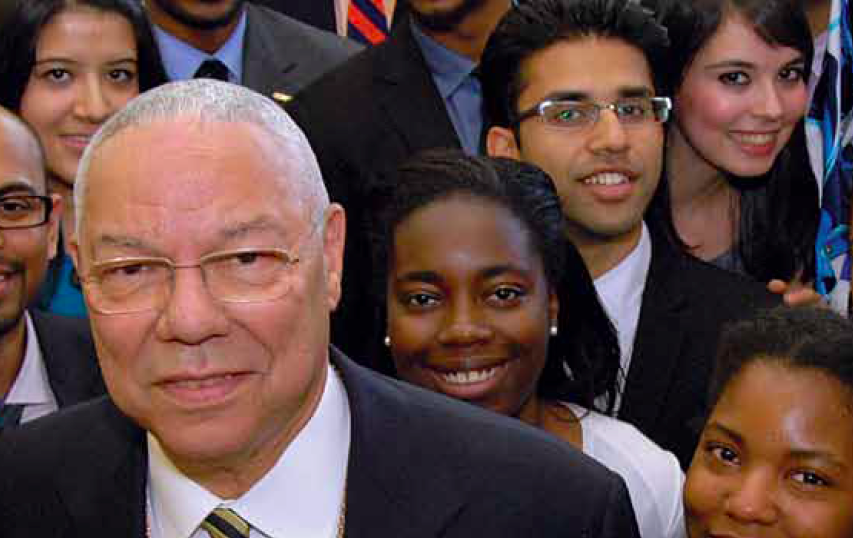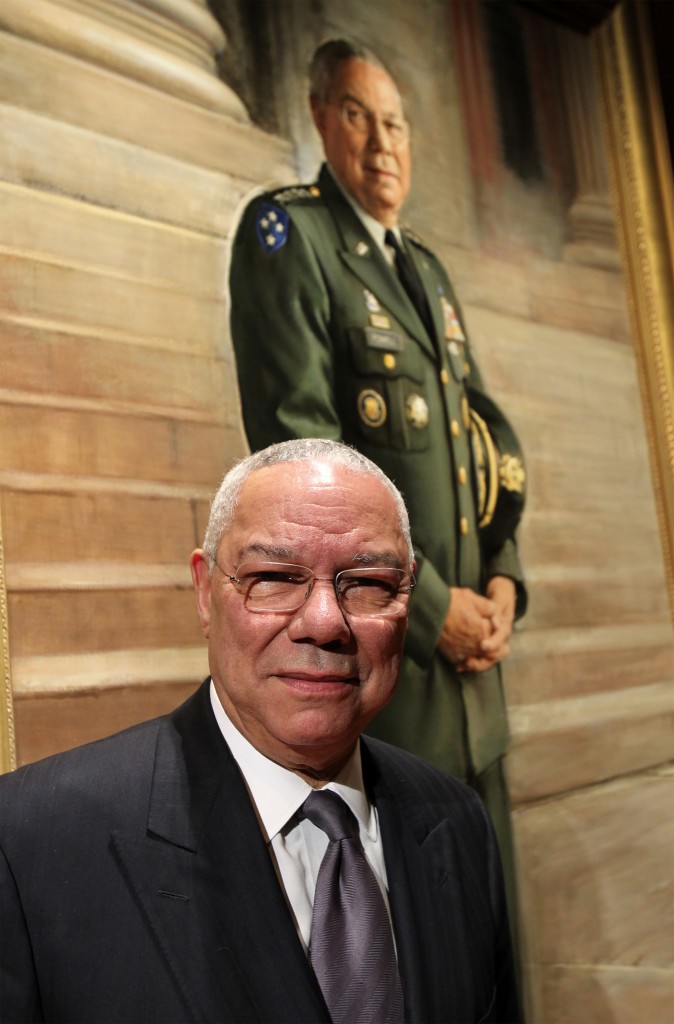The Colin Powell School for Civic and Global Leadership is located at the City College of New York (CCNY) in Harlem. Academically, the Powell School is comprised of various social science disciplines, including Anthropology, Economics, Political Science, Sociology, and Psychology. However, what truly distinguishes the Powell School is its sustained commitment to support civic engagement and social awareness in the school community.
“We at the Powell School are interested in producing future leaders,” said Dr. Rajan Menon, an International Relations Expert and professor at the Powell School. “We want them to wrestle with difficult issues.”
By learning to analyze the social, political, and ethical complexities of global and domestic affairs, students of the Powell School learn what it takes to be committed and civically engaged in the world around them. The curriculum at the Powell School cultivates an awareness of the social disparities facing the world today.
Research and project interests at the school are as diverse as its student population and faculty backgrounds — ranging from legal analysis of “Stop and Frisk” to Clinical Psychology, Public Service Management, and Latino Studies.
“It’s an institution that’s about cultivating leadership,” said Dean Vince Boudreau. Boudreau added that the Powell School is also about “recognizing and addressing the major challenges of the 21st century” by “promoting the values of service, engagement, and leadership.”

The school came out of CCNY’s Colin L. Powell’s Center for Leadership and Service, founded by General Powell in 1997. General Powell has over 50 years of experience in public service and has held senior military and diplomatic positions across four presidential administrations. The Center for Leadership and Service was created to help train a new generation of civically engaged leaders, getting students involved in community outreach and social responsibility. The Center later merged with the social sciences division, as CCNY’s Board of Trustees formed the Colin Powell School for Civic and Global Leadership in April 2013.
Powell received a B.S. in Geology from CCNY. He was born In Harlem and raised in the South Bronx. As a child of Jamaican immigrants, Powell is representative of the ethos and ethno-cultural diversity that comprises CCNY. CCNY continues to be a place where immigrants, children of immigrants, and low-income people can go to receive a top-notch education and discover pathways towards becoming the future leaders of America.
According to Dean Boudreau, General Powell sees himself in the students. “City College made the difference for him [Powell]. He wants to make sure that students at City College find the same opportunities he had,” Boudreau said to the Harlem Times.
Boudreau also talked about how the incredible diversity at CCNY is reflective of a general push towards diversity and globalization in American society. “America is going to look a lot more like City College in the future,” Boudreau said. Diversity as a hotbed for innovation and social progress is part of the very DNA of the Harlem campus. Interdisciplinary collaboration has produced a unique climate of academic freedom at the Powell School. The intellectual, cultural, and ethnic diversity of the school empowers students and faculty to think critically about the issues affecting a global community.

Part of the way that the Powell School connects to the local community is through outreach and regular events. For example, the Multiyear Human Rights Forum is a series of lectures, conversations, film showings, exhibitions, and courses focused on human rights. Upcoming events include “Human Rights Law & Documentary Filmmaking” on Oct 23; “LGBT Rights as Human Rights” on Oct 29; and “Moving Children: Young Migrants and the Challenge of Rights” on Nov 17.
On Oct 16 CCNY is hosting a conference including six roundtables with the Carnegie Council’s Global Ethics Fellows. The conference will spotlight ethical living and applying the Golden Rule. Notable bioethicist and philosopher Peter Singer will give the keynote speech. Other topics being covered at the conference include citizenship and difference; democracy and its challenges; corruption and trust; environment and growth; war and reconciliation; and technology and risk.
The Powell School’s engagement with ethical thought and action is one of the main things that distinguish it from other undergraduate and graduate programs. Ethics, like law and science, is viewed by many intellectuals at the school as a fundamental component to supporting healthy and sustainable societies. “If you look at military interventions or climate change, we can look at these things as technical matters…but every one of them also raises an ethical issue,” said Dr. Rajan Manan, who teaches about the ethical dimensions of international policy and politics at the Powell School.
The Colin Powell School for Civic and Global Leadership is a model for a kind of higher education system that empowers its community, while giving students the tools to make positive changes in the world. The Powell School’s interdisciplinary approach to higher education fosters an intellectual diversity that makes it stand out as an institution. Its impact outside of school is as important as its academics. The Powell School doesn’t just support good students and thinkers — it supports people who are connected to their community, those who are ready to take action and change the world around them.

